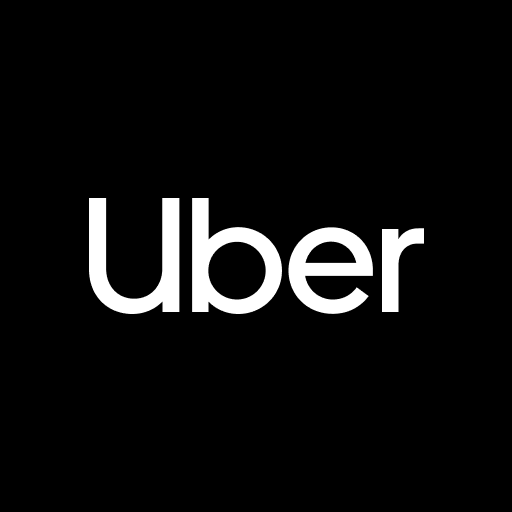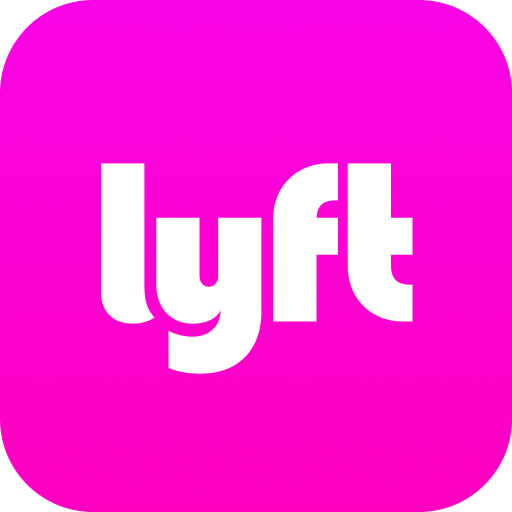Uber - Request a ride vs Lyft on Android 2025
Uber and Lyft are leading ride-hailing apps, both offering similar core functionalities. Uber boasts significantly more installs, suggesting broader market reach, while Lyft holds a slightly higher average user rating. The choice depends on individual preferences and priorities.
Uber - Request a ride
Uber Technologies, Inc.
Lyft
Lyft, Inc.
📊 Executive Summary
Overview
Uber and Lyft are leading ride-hailing apps, both offering similar core functionalities. Uber boasts significantly more installs, suggesting broader market reach, while Lyft holds a slightly higher average user rating. The choice depends on individual preferences and priorities.
Key Differentiators
Key differences may include pricing strategies, driver availability in specific areas, the range of vehicle options offered, and the specific features within each app's interface. User experiences can vary based on location and time of day.
Recommendation
Users seeking the widest driver network and broadest service availability might prefer Uber, while those prioritizing potentially slightly better user ratings might lean toward Lyft. Direct price comparison for a given route is recommended before making a decision.
📈 At-a-Glance Metrics
Uber - Request a ride
Lyft
Feature-by-Feature Comparison
Core Function
Request and track rides; various vehicle options available.
Request and track rides; various vehicle options available depending on region.
Ride Options
Wide variety, including UberX, UberXL, Uber Black, etc.
Variety of options, but potentially fewer choices than Uber in some areas.
Payment Methods
Multiple payment methods supported (credit/debit cards, etc.)
Multiple payment methods supported (credit/debit cards, etc.)
Ride Sharing
Option to share rides, reducing costs.
Option to share rides, reducing costs.
Customer Support
In-app support, help center, and phone support.
In-app support, help center, and phone support.
 Uber - Request a ride Exclusive Features
Uber - Request a ride Exclusive Features
 Lyft Exclusive Features
Lyft Exclusive Features
Category Breakdown
Value
Tie WinsPricing varies depending on location, demand, and ride type. Neither app consistently undercuts the other; value is subjective and dependent on individual use cases.
Overall
Uber - Request a ride WinsUber's significantly larger user base and broader feature set provide a slight edge, but Lyft's slightly higher user rating indicates a potentially more positive experience for some users.
Features
Uber - Request a ride WinsBoth apps offer core ride-hailing, but Uber often has a wider selection of ride options (e.g., UberXL, Uber Black). Lyft's features are comparable but may vary by region.
Performance
Tie WinsApp performance is largely dependent on network connectivity and device capabilities. Reports of glitches and freezing are noted for both apps, suggesting comparable performance levels with occasional issues.
User Experience
Tie WinsUser reviews suggest both apps have areas for improvement, with inconsistent experiences reported for both platforms. Navigation and ease of use are generally comparable.
Uber - Request a ride is Best For:
Lyft is Best For:
Battle Metrics
💬What Real Users Are Saying
Analysis based on hundreds of verified user reviews
Uber - Request a ride
👍 What Users Love
- ✓Wide range of ride options
- ✓Generally good driver availability
- ✓Wide geographic coverage
👎 Common Complaints
- ✗Inconsistent customer support experiences
- ✗Pricing can fluctuate significantly
Sample Reviews
"The automated customer support is functionally a broken search system."
Lyft
👍 What Users Love
- ✓Generally positive user reviews
- ✓Good driver availability in many areas
👎 Common Complaints
- ✗App glitches and freezing reported
- ✗Issues with custom tipping reported
Sample Reviews
"This app has been a life saver when my car went down."
🎯 Final Verdict
Uber emerges as the slightly better choice due to its significantly larger user base, broader feature set, and wider geographic coverage, although user experiences are reported to be inconsistent for both apps.
Uber - Request a ride is best for:
Users who prioritize wide availability, diverse vehicle options, and extensive geographic coverage.
Lyft is best for:
Users who value potentially smoother user experiences and a slightly higher average user rating, but may encounter less driver availability in certain areas.
🏆 Why Uber - Request a ride Wins
Uber emerges as the slightly better choice due to its significantly larger user base, broader feature set, and wider geographic coverage, although user experiences are reported to be inconsistent for both apps.
Uber - Request a ride Screenshots
Lyft Screenshots
Want to see more battles?
Explore more app comparisons and see which apps come out on top!
Explore Battles →